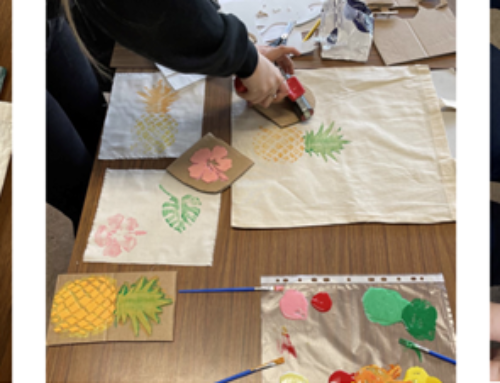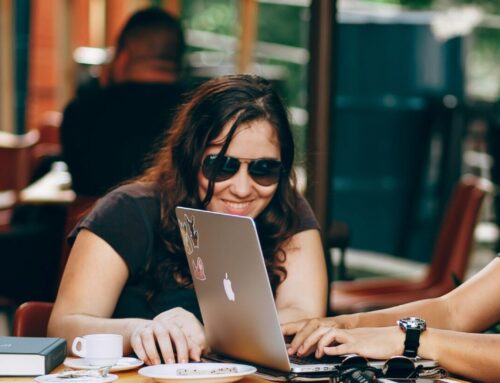In this second of a series of blogs reflecting on previous enhancement themes projects, Lee Chia Ping, Associate Professor in the School of Engineering and Physical Sciences, discusses her use of peer mentoring to build resilient learning communities.
The background…
Sometimes I feel that the 2020 to 2021 period was kind of a void. I heard of COVID-19 for the first time, and just like that the pandemic has impacted the entire world, including how we worked. We adopted Responsive Blended Learning (RBL) in a very short period of time, which combined active online learning with contextually face-to-face learning opportunities based on the guidelines given by the local governments. As I had just taken over the learning and teaching portfolio within the school, I was quite restless about ensuring our learning communities could adapt with the educational technology when online delivery was the only option for us.
Recognising the importance of student resilience in academic success, I collaborated with colleagues from various departments in this project, aimed at equipping students with strategies to cope with academic demands of blended/online learning. The idea was to foster the sense of belonging amidst the situation, by introducing Peer Assisted Learning Support (PALS) mentors to support students needing academic assistance. Senior students who served as PALS mentors guided the students in regular consultation, addressing students’ queries in enhancing their understanding of the course materials. Drawing on these experiences, PALS mentors also produced videos and quizzes for the learning community to enhance the learning experience.
The impact…
This project enabled PALS (student) mentors to build their competencies through developing supplementary learning materials via digital means, alongside supporting their peers in learning. The PALS mentors also continued with supporting other students in the subsequent cohorts. We conducted a focus-group discussion after the project, led by colleagues from another school, and students responded positively. Some themes that emerged from the student feedback included ‘connection with the community’ (Belong), ‘learning new skills through collaboration’ (Collaborate) and ‘taking ownership of challenges’. Since this was implemented during the pandemic, I realised that students have enjoyed this project because of the regular meetings and consultations that took place during the project, adding on to the social aspect that they otherwise lacked due to the restricted movement order imposed nationwide. Both mentors and students were being assigned based on competencies and expertise in knowledge, hence the need to learn about each other and collaborate to achieve the intended project outcomes. They also learnt to overcome challenges that arose during the project; time management, resolving conflicts and so on. Because of the positive results, the mechanism (peer mentoring support) was adopted in the subsequent years to enhance student progression within the school.
The project has also impacted on learning and teaching beyond Heriot-Watt. It won the Silver Award at, kNovasi 2021 (a national learning and teaching competition in Malaysia). Outcomes have also been shared via the Heriot-Watt Learning and Teaching Symposium 2021 and at the Heriot-Watt and Edinburgh Napier Universities Sharing Practice event (2021).
What next?
This project has given us some insights into how we can build resilient community through digital learning via Responsive Blended Learning. While we have transitioned back to in-person learning, we should integrate the lessons learnt from this project into continuing our effort in enhancing student learning experience through our Globally Connected Learning framework. For instance, since peer mentoring has worked very well, I have incorporated this concept in my classes. I provide leadership opportunities for students to serve as peer mentors and take charge of active learning in the class. These peer mentors lead topics and explain question solutions class. Each student takes turn to lead the workshop session with support from me as the Course Leader. The idea is to give the accountability to students to take more ownership of their learning with the academic support whenever necessary.
Image credit: Photo by Mimi Thian on Unsplash






